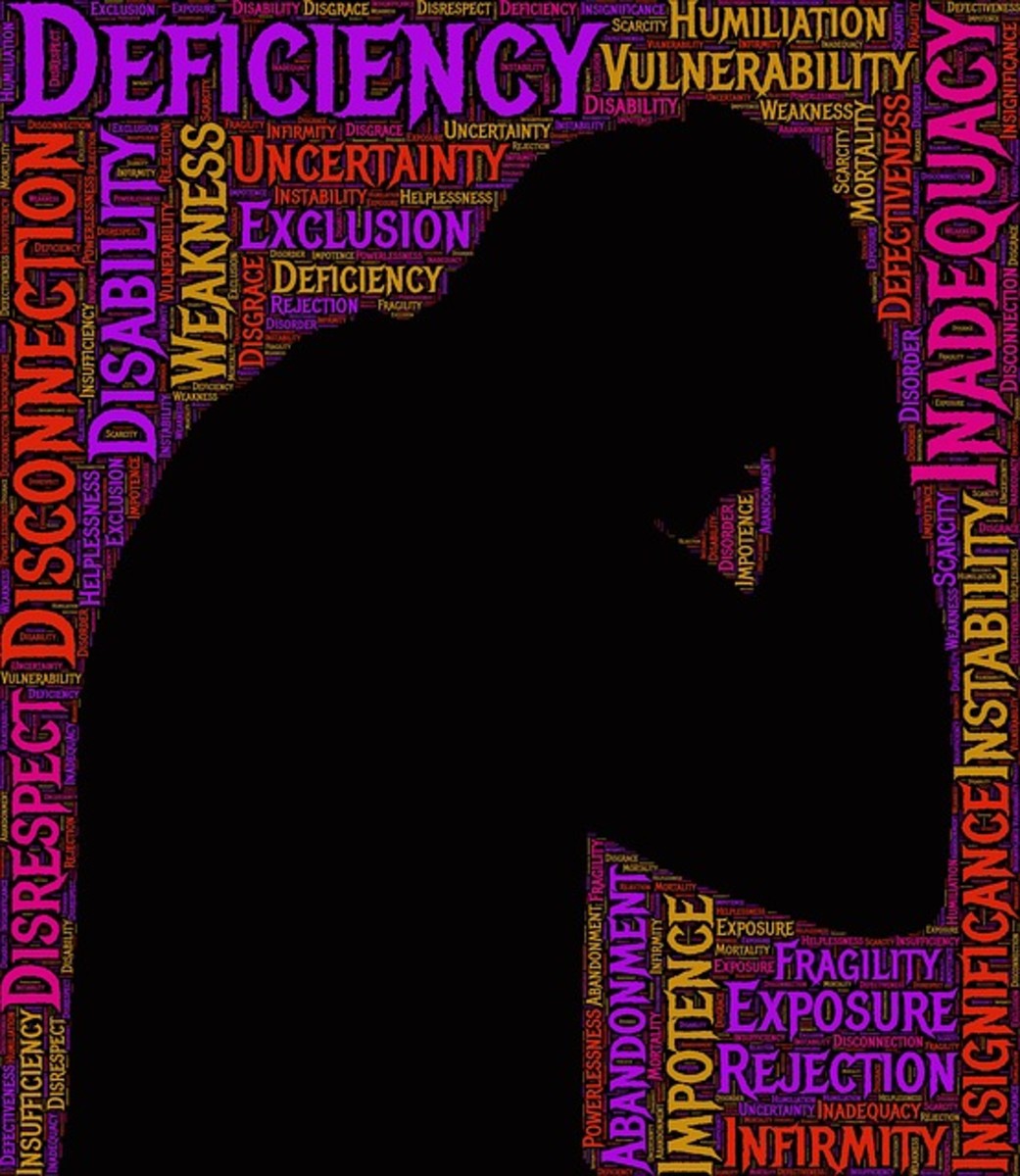- HubPages»
- Health»
- Mental Health»
- Stress Management
Effective Stress management: Its Relationship With Illnesses, Coping And Preventing It
Listening To Music Is A Positive Way Of Coping With Stress

Taking Drugs Is A Negative Way Of Coping With Stress

Coping With Stress
Due to the singular fact that stress affects nearly every system in the body, it plays a role in many disorders such as depression, eating disorders and anorexia, fatigue and chronic fatigue syndrome (CFS), headache, heart diseases, high blood pressure, injuries due to accidents, insomnia and other sleep problems, insulin resistance, muscle aches such as neck or back pain, erection problems and loss of interest in sex, stomach problems such as upset stomach (dyspepsia) or bloating and finally substance abuse such as overuse of alcohol or use of illegal drugs.
In addition, stress can worsen these conditions or slow the rate of treatment response: AIDS (Acquired immune deficiency syndrome), arthritis, asthma, cancer, colds and flu, diabetes and heart diseases.
Coping With Stress
Since stress is a syndrome which is not avoidable, we can afford to prevent a certain magnitude of it and cope with a lesser magnitude. Here are some tips on how to cope with stress.
Negative coping responses:
- Criticizing oneself (negative self-talk)
- Driving fast in a car
- Chewing one’s fingernails
- Becoming aggressive or violent (hitting someone, throwing or kicking something).
- Eating too much or too little, or drinking a lot of coffee
- Smoking or chewing tobacco
- Drinking alcohol
- Yelling at loved ones (spouse, children, friends and other relatives)
- Taking a recreational drug to one self.
- Avoiding social contact.
Positive Coping responses:
- Listening to music
- Playing with a pet
- Laughing or crying
- Going out with a friend (shopping, movie, dining)
- Taking a bath or shower
- Writing, painting or other creative activity
- Praying or going to church
- Exercising or getting outdoors to enjoy nature
- Discussing situations with a spouse or close friend
- Gardening or making home repairs
- Practicing deep breathing, medications or muscle relaxation
Acquire Positive Energy From Yoga

Hold Regular Team Meetings

Preventing Or Reducing Stress
Preventing and reducing stress is not a costly exercise:
At work: hold regular team meeting, welcome comments from all staff, involve your team in the organization of the work, develop informal lines of communication and have an open door policy. In general, have a positive attitude and try to balance work and leisure.
At home: identify your stress, conquer it, clean out clutter, have stress free finances and try to simplify your life.
Gaining Inner balance: Behavioural patterns deeply embedded in our subconscious often surface in times of stress, identify and modify them. Try to regard mistakes as part of a learning curve. Anger is a disabling emotion that produces measurable physical sensation. Anger and hostility may be a symptom of unhappy feelings about ones job, relationship or other aspect of their personal life. Learn to forgive and forget (this one seems quite difficult, but you do yourself more of the good if you can do it). A positive outlook or thinking positively reduces stress.
Personality Modifications: The effects of stress are closely linked to an individual’s personality. The same level of stress affects different people in different ways and each person has different ways of copying. A well known connection between personality and psychological resilience relates to combination of attributes known as type A personality. They exhibit traits such as extreme competitiveness. Strong desires for achievements, haste, impatience, restleness, hyper-alertness, explosive speech, free-floating hostility and so on.
Relax your stress away: Relaxation is the exact opposite of stress response. The body responds to stress with muscle tension, which can cause pain or discomfort. Progressive muscle relaxation reduced muscle tension and general mental anxiety. Other relaxations techniques are meditation, visualization and even listening to music.
Exercise: Aerobic exercise is a very good preventive measure against stress. Any exercise that creates a demand for oxygen, involves larger muscle groups and gets one’s heart rate up. Such exercises could be continuous such as walking, running or swimming or intermittent such as tennis, jog-walking programs etc. Anaerobic exercises requiring less oxygen (such as weight lifting) also helps in annulling stress even though, they do not provide an overall health benefit to the heart or lungs.
Cardio respiratory endurance is the ability to perform moderately strenuous large exercise for relatively long periods of time. For the best results, exercise should last for optimal period of 30 minutes and at least every other day.
Stress Links Heavily With Diabetes And Hypertension

The Triangle Of Silent Killers
It is important to note that stress is a silent enemy and maintains a dynamic triangular relationship with other silent killers namely hypertension and diabetes. These silent killers give no symptoms at the early stages. When undiscovered or badly managed, they may affect the brain causing stroke or the heart causing heart failure or heart attack, or even the kidney to cause kidney failure. Sudden death may result.
Victims of the silent killers constitute a great burden to themselves, their families and organizations to which they belong. In the words of Jules Romains, “Every man who feels well is a sick man neglecting himself”. Therefore there is the need for effective preventive approach which guarantees good health for executive peak performance, especially as they are many potential victims in our society.
© 2014 Funom Theophilus Makama









